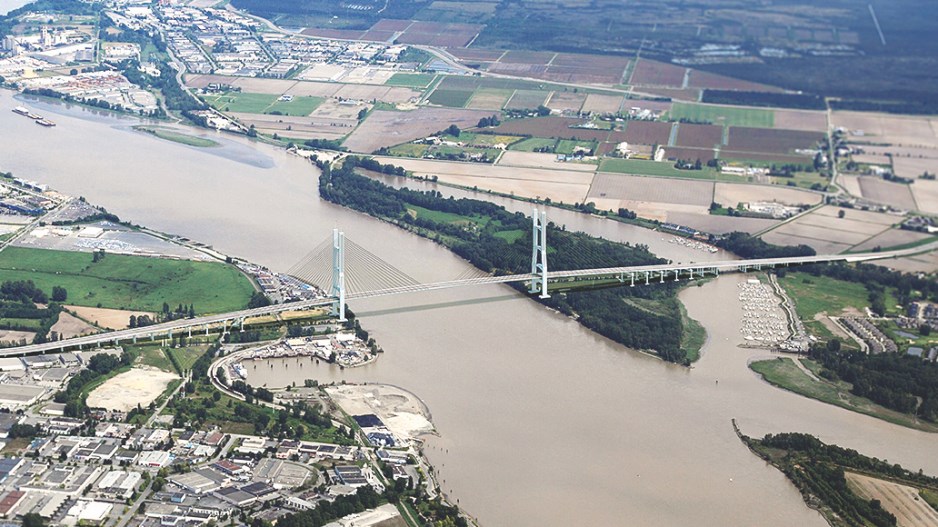British Columbia’s construction industry is warning that a new tariff on imported steel rebar could raise the price of construction in the province.
The tariff is meant to counteract cheaper Chinese, South Korean and Turkish rebar being “dumped” on the Canadian market. Starting on January 9, a 41% tariff was applied to rebar imports from those countries.
But the lack of a steel mill in British Columbia means the province is dependent on rebar from mills in California and Washington State, as well as China and Korea. Shipping costs by land are also significantly more expensive, Philip Hochstein, president of the Independent Contractors and Businesses Association of B.C. (ICBA), told Business in Vancouver.
That has meant that B.C. gets very little rebar shipped from steel producers in Eastern Canada. It costs $160 per tonne to ship rebar by rail, compared to $40 per tonne to ship it by sea, Hochstein said. B.C.’s construction industry currently gets around 60% of its rebar from the United States and 40% from overseas sources.
That means costs could soon rise for all types of construction projects: condominiums, commercial buildings and infrastructure projects like a planned bridge to replace the George Massey tunnel. Hochstein estimated the tariff could add as much as $32 million to the cost of building the new bridge.
The B.C. government will join the ICBA in asking the Canadian International Trade Tribunal for a public interest inquiry, which would consider the effects of the tariff on the general public. The ICBA would like B.C. to be given an exemption from the tariff.
@jenstden




